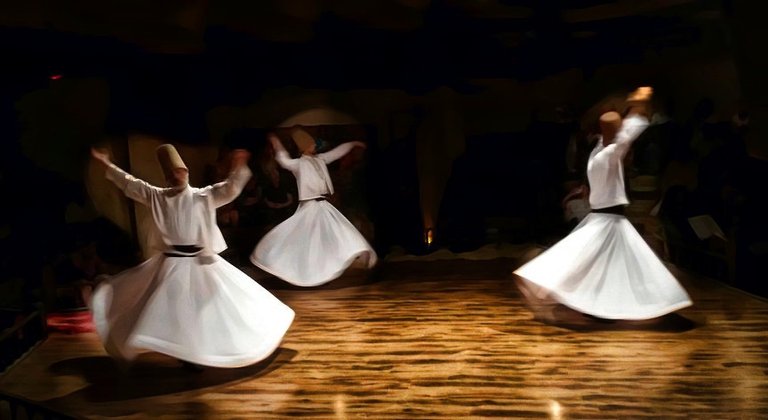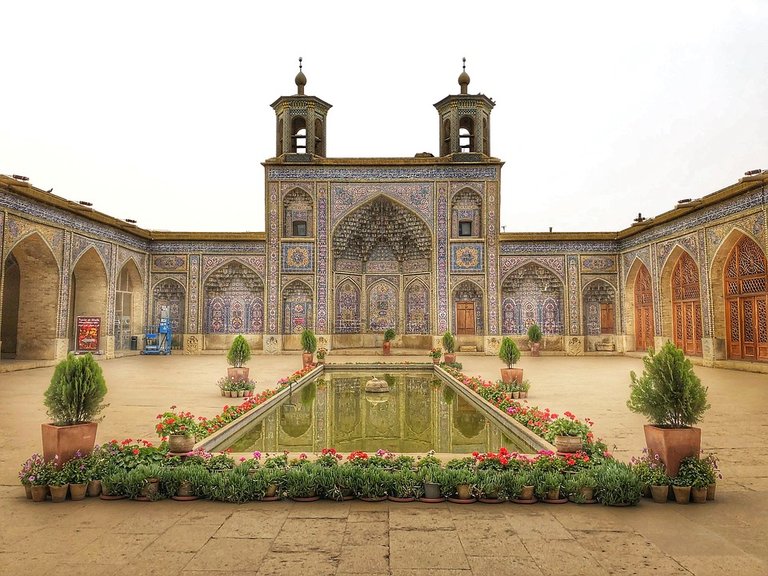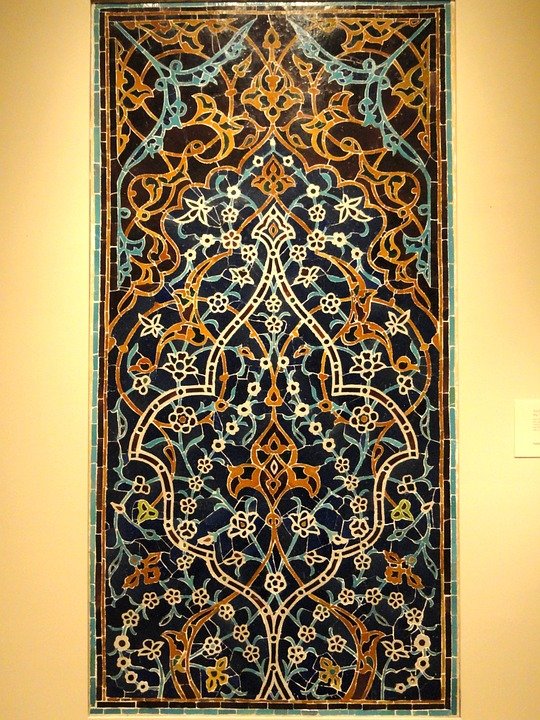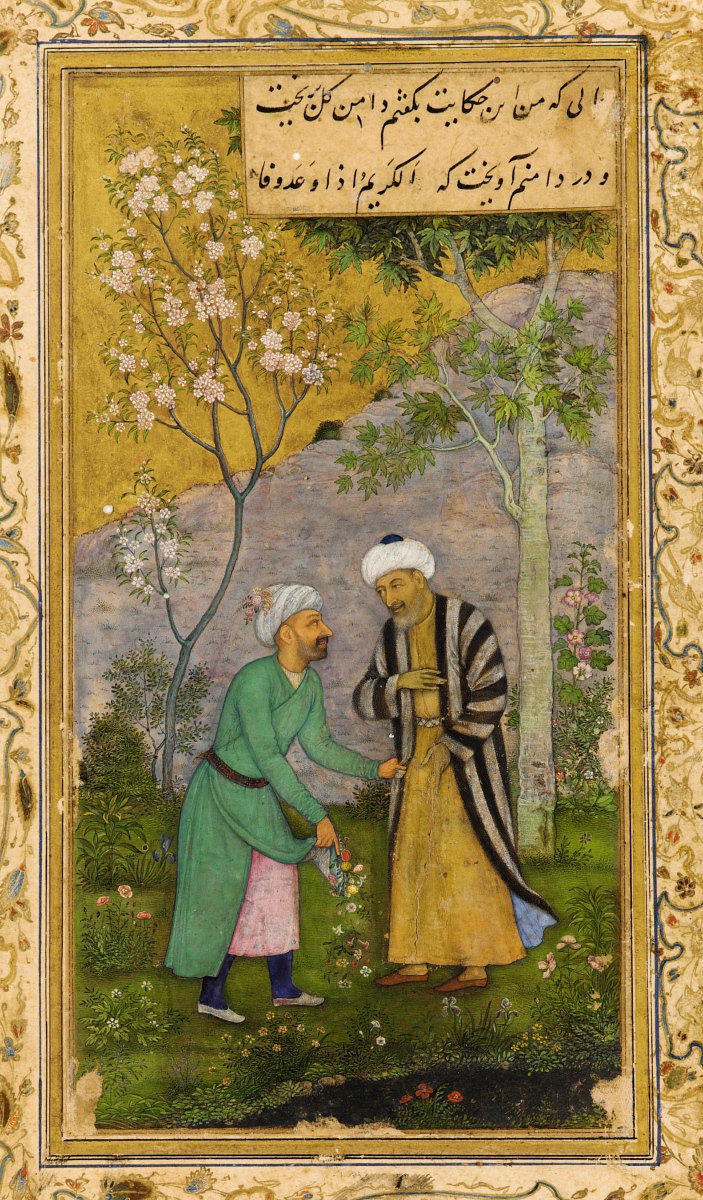“A wise man among the ignorant is as a beautiful girl in the company of blind men.” Saadi

Seek nought but knowledge if thou art wise,
For it is neglectful to remain without wisdom.
From learning there will come to thee perfection as regards religion and the world,
For thine affairs will be settled by knowledge.
Beware, O son! that thou dost not become proud,
Lest fortune thereby slip from thine hands.
Pride on the part of a wise man is not comely;
Sad is such demeanour in the case of a prudent person.
Pride is the habit of the ignorant,
Pride doth not proceed from men of intelligence.

Just as the moon gets light from the sun.
Humility is the source of intimacy,
For exalted will be the dignity of friendship.
Humility exalteth a man,
Humility is a decoration to men of position.
Every one who is human is humble;
Nought becometh a man save magnanimity.
The man of wisdom maketh choice of humility;
The bough laden with fruit rests upon the earth.

Forty years of thy precious existence have expired;
Yet thy life hath not passed beyond childhood.
Thou hast spent all in lust and license;
Not a moment hast thou acted according to righteousness.
Rely not upon unstable life;
Be not confident that thou art safe from the sport of fortune.

Link not thy soul with this earth and its vain delights,
For misfortune may rain upon it from Heaven.
Set not thine heart upon this material abode,
For thou wilt not find therein delight for thy soul.
Place not thine affections upon this ancient and ruined dwelling
For it will not be void of grief and pain.
The world hath no permanence, O my son!
Pass not thy life therein in negligence.
Fix not thy heart upon this perishable abode.
From Sadi receive this one piece of advice.
Credits:
Qutations are from “Sadi's Scroll of Wisdom”, available here link by Arthur N. Wollaston, 1906. Sadi or Saadi, born 1210 in the city of Shiraz, was a Persian poet admired in the West by literary giants such as Goethe and Emerson. Sufism is often described as Islamic Mysticism, and Saadi, along with Rumi and Al-Ghazali, are recognized internationally as central figures in the literature of Persia and Sufism. Link to some of his most famous quotes
Photos are free use from pixabay.com with effects by @roused
Photo of the painting of Saadi is from Wikipedia

You are really in a spiritual mood lately :) My reading of the Quran is going in a very slow pace. It is like reading a Bible that is only composed of the letters of Paulus. Reading the Sufi poetry is a release.
I've been down that road too, reading the Qu'ran is a long haul with a lot of repetition. There are some great verses scattered throughout, I always liked this one:
My main takeaway from the Qu'ran was that it united a brutal tribal society in a brotherhood based on the belief in an Omnipotent God, and clarified the excesses of Christian theology as it relates to monotheism.
I've been thinking of doing some posts on the subject of God in the sacred writings, and if I do, then I'll be sharing some from the Qu'ran.
I'll upvote your comment later when my VP is back.
It has helped me that you once wrote that the Mekka parts where more interesting than the Medina ones. I am reading it in the Cairo version where the chapters are organised after length, and the Medina verses are the longest ones.
Right, in the early days after he got his revelation, it was a very difficult period for him. He and his few followers endured a lot of persecution and hardship. Faith gave them sustenance, and there was an emphasis on virtue.
In Medina he was a spiritual leader and a military leader -- long story short, the Mecca portion is indeed much more appealing to me.
Yes, the person who is talking to God and the person who is organising the birth of a religion is two different things. I love the wild images of the prophesies, the direct essense of talking to God, but am reluctant when reading all the petty instructions.